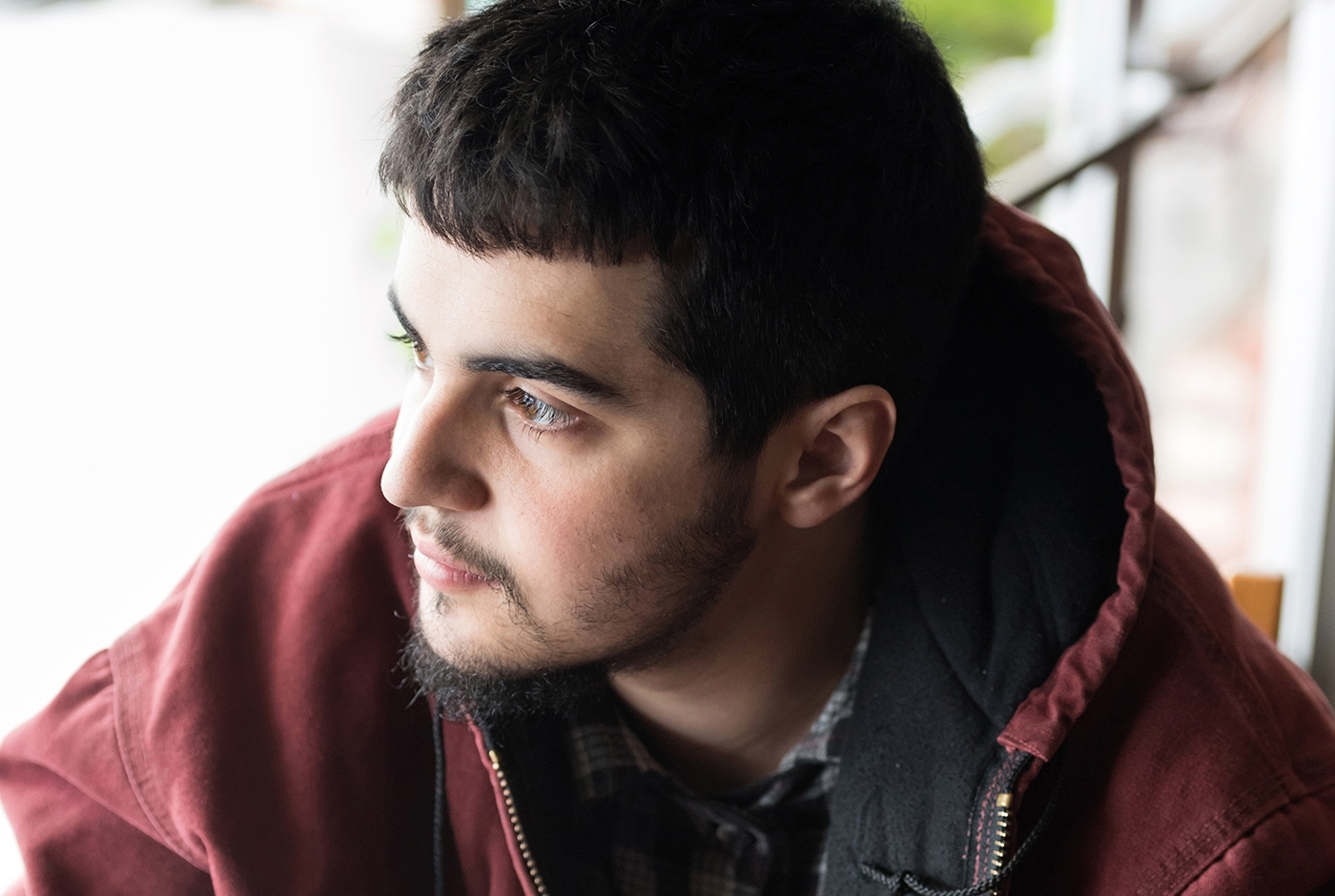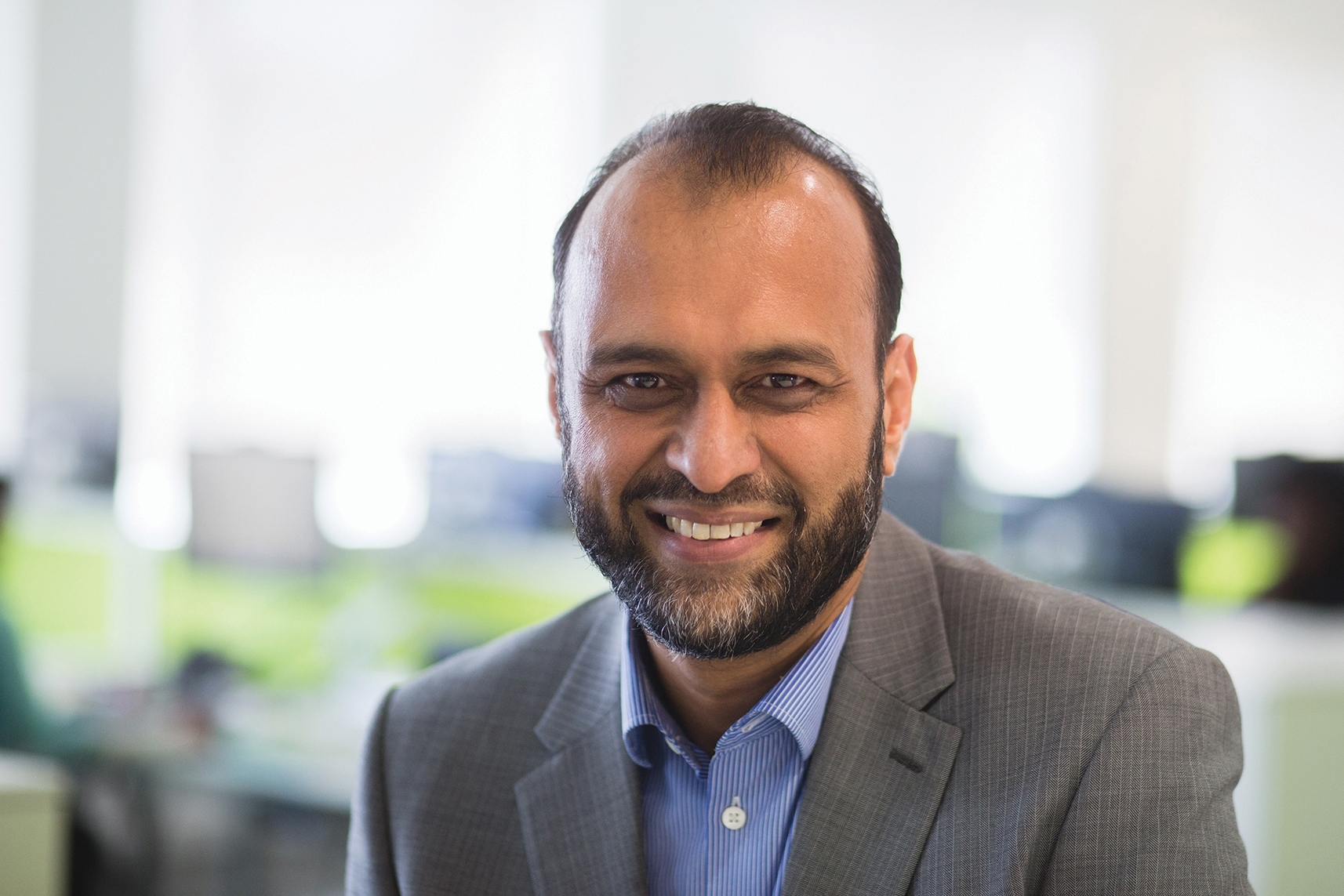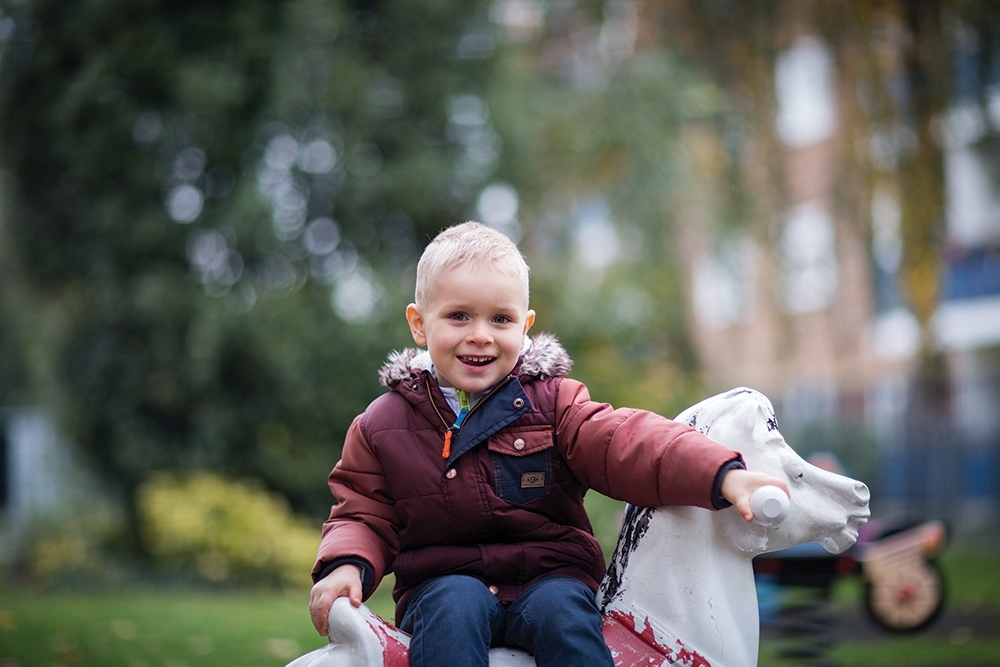Welcome
Introduction
We believe in children – no matter who they are or what they have been through. And we support some of the most vulnerable children in the UK with our services, campaigns and research.
In our 2016-2025 corporate strategy, we set out our ambition to build on our achievements. We want to support more of the most vulnerable children and young people than ever before. We want to help them overcome the challenges they face and move towards a brighter, happier future. But it doesn’t end there. We want to prevent the challenges in the first place. By tackling the causes as well as the symptoms, we can create better outcomes for more children.
Being supported by Barnardo’s has been really important to me. I believed that I would never get anywhere in life, but since coming here to Barnardo’s it has completely changed how I think about everything.
When my worker first came to meet me, I didn’t want to know, so I ignored him. He never gave up on me and, even though it took time, we got to know each other. We did positive things together rather than just reflecting on negative experiences that I had had in my life. My worker was consistent and safe. Without Barnardo’s, I don’t know where I’d be.
It’s been great to give back to Barnardo’s, to be able to move on from my past, knowing that some good came of my experiences, as I was able to use them to help others.
Barnardo’s is not afraid to take chances, for example by involving young people not only in the research but also in the delivery of training, allowing their voices to be heard. Within the Boys2 research, Barnardo’s allowed young people to help in all areas, particularly within the production of resources, to make sure that services are on the right track and that they are as effective as possible in helping other children and young people.
What this report doesn’t show are the relationships that have been built as part of research. Relationships are key to everything. Whilst it’s great to see the big impacts, people shouldn’t be discouraged from starting small and making tiny steps in the right direction. Don’t look away from angry lost young people, stay positive, see the potential and strength in them. Take time and walk the hard miles. Remember destroying something is easy, but building a relationship takes time and constant maintenance. I used to smash things up so that I could start again but now I’ve learnt to work at things and develop things.
What being part of Barnardo’s has done for me is help me to feel heard and valued. The past does not mean you are written off, and the end of intervention work does not mean the end of support. I want to thank the team for changing my life.
Sonny
Involved in Boys 2 Research Project
In our latest annual Impact Report, we have set out Barnardo’s impact over the past year using three key measures: Reach, Quality and Influence.
The report tells us a great deal about our work, but it also highlights the achievement of one particular milestone. For the first time in our history, in 2017-18 we supported more than 300,000 children, young people, parents and carers in the UK. In fact, our staff and volunteers reached eleven per cent more vulnerable people than in 2017.
This success has taken place in an increasingly challenging environment, so I’m incredibly proud of our 8,000 staff and over 22,000 volunteers whose passion and expertise bring hope to the children and families who need it most.
Behind the statistics are thousands of human stories. This report offers a snapshot of how Barnardo’s helps some of the most vulnerable children turn their lives around. For example:
Elise was running away from home, unable to come to terms with past trauma. Barnardo’s gave her a safe space to open up and build confidence. Now she wants to become a peer mentor and help others.
Ayisha experienced neglect and sexual abuse before she was removed from her mother’s care at age 8. We worked with her foster mother Amy to give her the skills and understanding she needed to help Ayisha recover and thrive.
Joel was living in a garden shed before he was referred to one of our residential care homes. With therapeutic support and help with life skills, he has now started an apprenticeship.
These examples are easy to read, but they don’t really do justice to the role that I’ve seen our front-line professionals play, day-in day-out, in transforming children’s lives. Their inspirational work is helping create a better world.
But at Barnardo’s, we want to go further. We want to step in earlier so we can prevent harm from occurring in the first place. We know we can’t do this alone, so we are increasingly working in partnership with others to meet this challenge and achieve a real step change in how we support children and young people.
For example, in Solihull, we’re working with the NHS to deliver Solar, an integrated mental health and wellbeing service for 0-19s. By getting rid of thresholds and tiers and just focusing on what children need, we are bringing down waiting lists and improving access to support.
This report shows that at Solar and in each of our 1,000+ services across the UK, Barnardo’s is reaching more children, providing high quality support, and working with decision makers to improve life chances, both for young people today, and the generation that follows. We know the challenges are great – more than one in four children live in poverty, the most vulnerable lag behind in education and employment, resources are stretched whilst demands are increasing, and we are sleepwalking into a deepening mental health crisis. But by focusing on impact, making “smarter” use of our resources, embracing technology, and working closely with partners, we are confident that we’ll continue to meet our goal of achieving better outcomes for more children.
Javed Khan
Chief Executive, Barnardo’s
In 2017-18, we worked with 301,100 children, young people, parents and carers, an eleven per cent increase from the 272,300 we worked with in 2016-171.
This included:
- 143,500 through our Children’s Centres.
- 23,500 through our school-based programmes
- 134,100 through our other work
In total, we provided support to over 163,000 children and young people, and over 123,000 parents and carers2.
Stronger Families
Early Support
Our Early Support services supported 146,000 people. This included our Children’s Centres, which were accessed by 143,500 people last year; over 64,500 children and 70,500 parents or carers.

Family Support
We provided Family Support services to 91,800 children, young people, parents and carers, including children with a parent in prison, children with caring responsibilities, children experiencing bereavement, and families with children on the edge of being taken into care.

Mental Health
We supported 32,200 children, young people, parents and carers through our commissioned Mental Health services. This included 23,500 children supported through our school-based programmes aimed at improving emotional health and wellbeing.

Safer Childhoods
Child Abuse and Exploitation
We supported 6,500 people through our Child Abuse and Exploitation services, including:
- 3,300 people through our child sexual exploitation services – 2,670 children and 398 parents or carers
- 2,286 in our services for young people who go missing from home – 30 per cent of whom were in care
- 473 people in our trafficking services
- 456 people in our harmful sexual behaviour (HSB) services.
- 40 people through our National FGM Centre

Looked After Children (e.g. family placements)
- Our adoption services placed 121 children with adoptive families
- Our fostering services placed 874 children

Positive Futures
Leaving Care/Accommodation Support
We supported 4,700 people in our Leaving Care/Accommodation Support services. This included:
- 2,900 in our Leaving Care services
- 1,800 in our Housing and Homelessness services.

Footnotes
- The increase in the number of people we supported is primarily a result of work in our Family Support Services, and school-based programmes. Some of our targeted individual work with young people has decreased, for example in our ‘child abuse and exploitation’ and ‘advocacy and children’s rights’ services
- Parental status was unknown for 14,600 due to limited access to data from external recording systems




